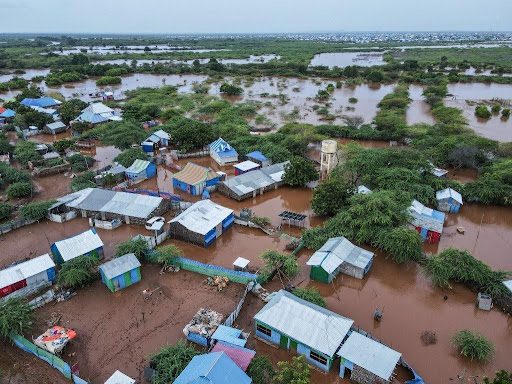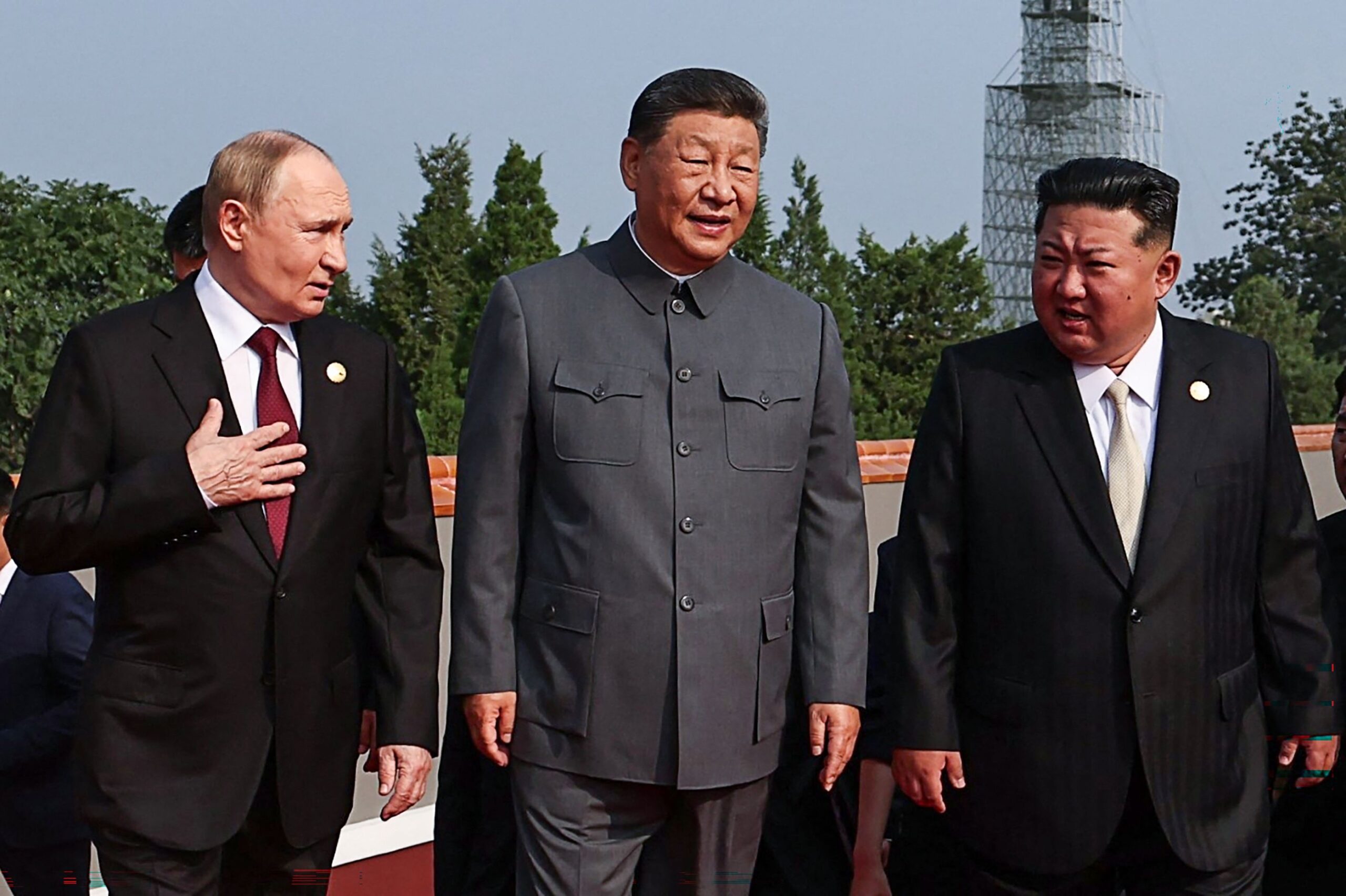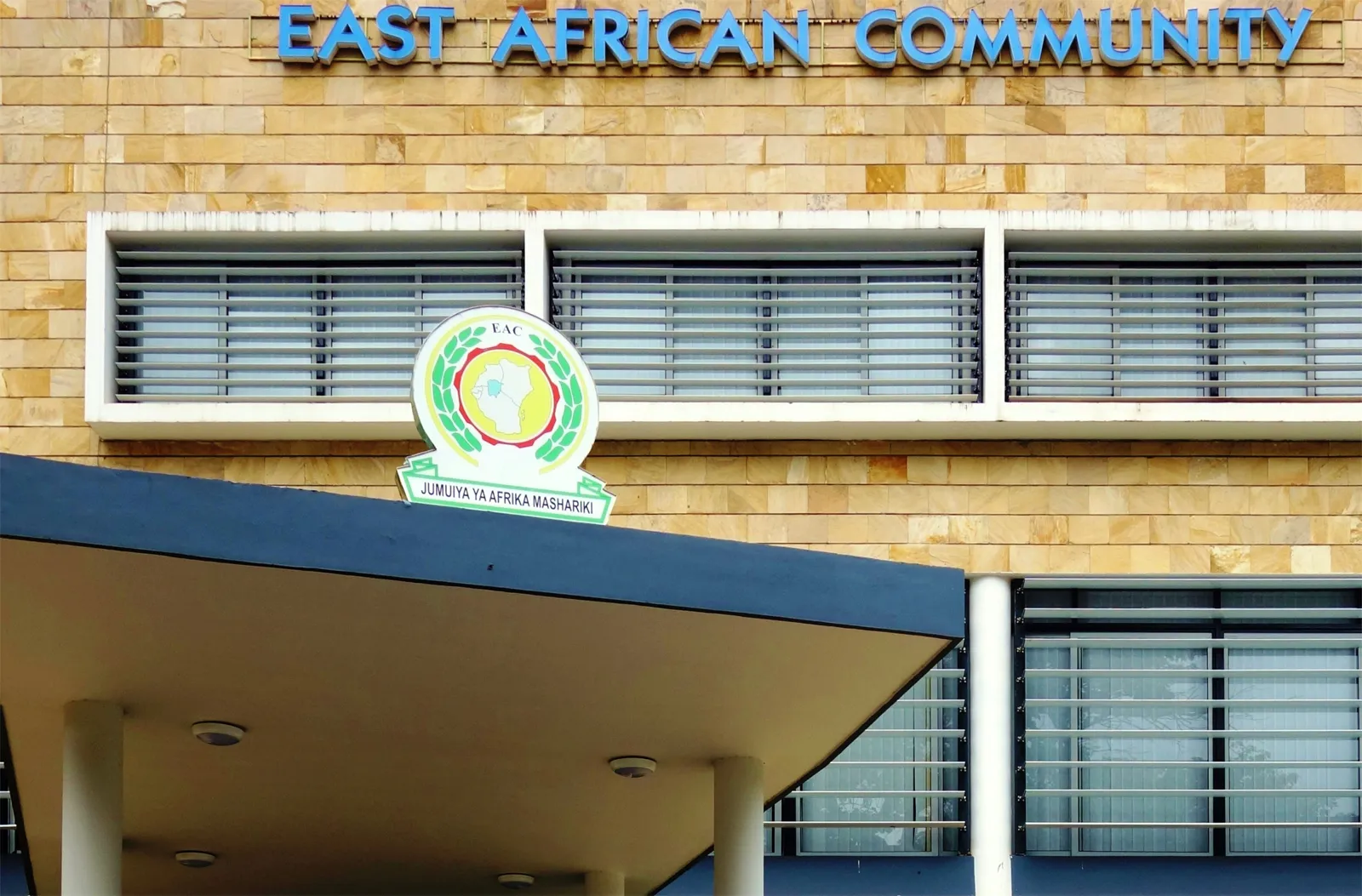

The year 2025 stands as a pivotal moment in global history, with the political landscape teetering on the edge of dramatic change. The election of Donald Trump as the next U.S. president introduces a dynamic force of unpredictability into an already fragile international environment. His leadership, marked by boldness and transactional diplomacy, has the potential to recalibrate existing power structures and redefine global alliances. While his focus on national priorities resonates with parts of the American electorate, it raises profound questions about the stability of international relations and the future balance of power.
In the Middle East, the aftermath of the Israel-Hamas conflict has left Gaza devastated. The humanitarian crisis is immense, with international aid organizations struggling to provide relief amid logistical and resource challenges. Meanwhile, Syria faces a precarious transition following the collapse of the Assad regime. The resulting power vacuum has triggered a scramble among regional factions, intensifying uncertainty and geopolitical maneuvering. These developments reflect a region grappling with profound political, social, and humanitarian upheavals, underscoring the broader implications of shifting alliances.
In Asia, rising tensions dominate the geopolitical chessboard. China’s assertive policies in Taiwan, the South China Sea, and its border regions have escalated regional anxiety. Recent military maneuvers by Beijing highlight its strategic ambitions, compelling neighboring nations to reassess their security frameworks. In parallel, North Korea’s provocations add a layer of instability, further complicating diplomatic efforts in the region. The competition for dominance in Asia is intensifying, with the stakes higher than ever as regional powers recalibrate their approaches to counter growing threats. Miscalculation in this volatile environment remains a significant risk.
Europe continues to bear the brunt of Russia’s ongoing invasion of Ukraine. The war has exacted a devastating toll, with Ukraine striving to maintain its sovereignty while rebuilding amid persistent conflict. Russia, hampered by economic sanctions and mounting casualties, shows no signs of relenting. President-elect Trump’s proposed engagement with Russia introduces new uncertainty, as European allies question U.S. commitments to transatlantic security. This recalibration of alliances and defense strategies is reshaping Europe’s geopolitical landscape, forcing nations to explore greater autonomy in safeguarding regional stability.
Globally, conflict and instability are creating widespread humanitarian crises. In Sudan, millions face displacement, with famine threatening vulnerable populations. International intervention has struggled to address the scale of suffering, leaving peace elusive. In Haiti, the dominance of violent gangs has eroded governance and safety, plunging the nation into a dire state of lawlessness. The collapse of political authority has empowered criminal networks, highlighting the urgent need for coordinated international action. These crises illustrate a broader trend of rising humanitarian needs fueled by systemic failures and unchecked violence.
President Trump’s foreign policy approach, characterized by bilateral negotiations and pragmatic deal-making, is poised to disrupt established global norms. While his style may open unconventional avenues for resolving conflicts, it also risks exacerbating tensions and undermining long-standing alliances. The world watches closely to discern whether his administration will adopt an isolationist stance or engage in transformative diplomacy to reshape power dynamics.
As these complex dynamics unfold, 2025 promises to be a defining year in international relations. Regional conflicts, shifting alliances, and evolving U.S. policies will collectively influence the trajectory of global politics. The challenges of this era demand both vigilance and innovative leadership from nations worldwide. In this high-stakes environment, the decisions made now will reverberate for generations, shaping the future of a world at a crossroads.


